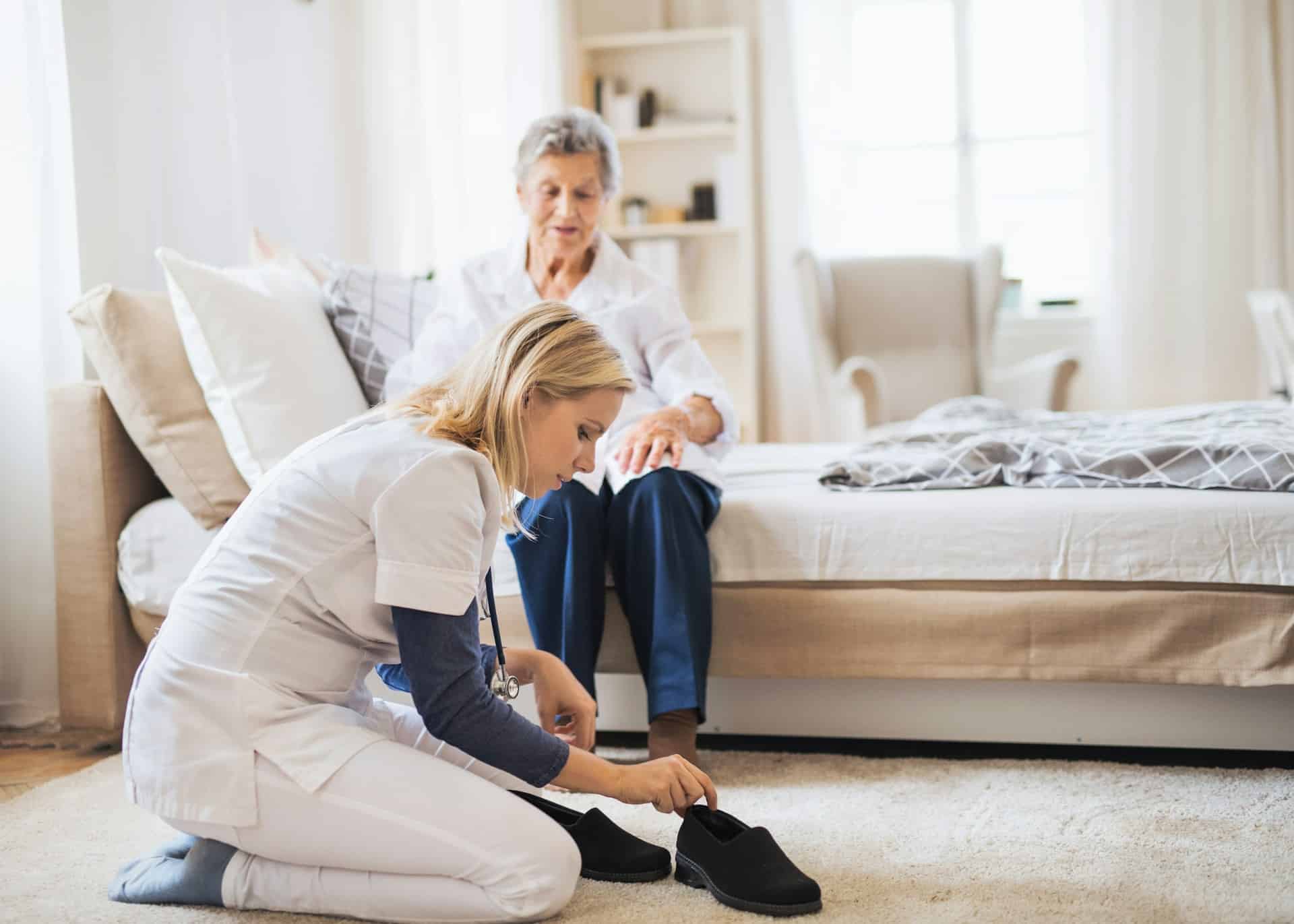When families place their loved ones in a nursing home, they expect a safe and caring environment. Most of the time, that comes down to whether the staff has been properly trained. Even with the best equipment or a clean facility, poor staff training can still lead to many dangerous situations. Small mistakes made by untrained workers can result in injuries that could have been prevented.
In Little Rock, the summer months tend to bring higher heat and more health-related risks for seniors. This makes staff preparedness even more important. If a caregiver doesn’t know how to handle an emergency or treats a resident more roughly than they should, it can get serious quickly. Staff training isn’t just about checking a box. It plays a big role in your loved one’s comfort, health, and safety.
Common Training Issues Leading To Resident Injuries
When caregivers don’t get the right training, it shows. Some of the most common problems come from staff not knowing how to handle key situations or use equipment properly. This can cause mistakes that seriously affect a resident’s well-being.
Here are a few areas where lack of training usually causes problems:
– Emergency response and first aid: In a medical emergency, every second matters. If staff doesn’t know what to do or reacts the wrong way, it could make a situation worse.
– Resident care plans: Each resident has their own unique needs. When caregivers don’t fully understand or follow a resident’s care plan, it can lead to missed medications, poor nutrition, or overlooked symptoms.
– Handling and transfer techniques: Moving someone from a bed to a wheelchair may seem basic, but doing it the wrong way can cause serious injuries like falls, sprains, or fractured bones.
These problems aren’t always easy to catch, especially if you don’t visit often. A caregiver might skip steps without realizing how risky that is. With the extra heat in Little Rock during the summer, even something like missing a hydration check or skipping a meal could turn into a serious issue. A resident who isn’t eating or drinking enough could feel weak, dizzy, or unsteady, which increases their chance of falling.
Better training in these key areas helps reduce the risk of accidents before they happen. When staff know how to react in emergency situations and follow care routines carefully, the residents are not only safer, but they also feel more secure.
Real-World Examples Of Injuries Due To Poor Training
Sometimes, the damage caused by poor training is clear right away. In other situations, it builds up slowly through a series of small mistakes. Either way, the outcome can be physical harm that could have been avoided if staff were properly trained.
Take a situation where a caregiver hasn’t been shown how to safely transfer a resident. Instead of using a gait belt or having a second helper, they try lifting the person alone and pull them by the arm. That can lead to muscle strain for the caregiver and a serious injury for the resident. A fall, bruising, or even a broken bone could happen as a result.
Other examples are just as worrying:
– A resident who chokes during a meal because the caregiver forgot or didn’t know that they’re on a soft or pureed food plan.
– An elderly person who falls after being left alone in a hallway, trying to return to their room without support.
– Someone who becomes dehydrated on an extra hot summer day because staff didn’t monitor their fluid intake or missed routine checks.
None of these situations are flukes. They almost always point to a larger issue, which is poor training. When the people trusted to care for elderly residents don’t have the right skills or knowledge, it can easily lead to harm. It’s not just about one mistake either. When staff aren’t trained, problems like this happen again and again.
Recognizing Signs Of Inadequate Staff Training
It’s not always obvious that staff aren’t fully trained, especially if you only visit once or twice a week. But there are warning signs to watch for. These signs might seem minor at first but can point to a bigger issue with poor staff preparation.
Keep an eye out for these indicators:
– Unexplained cuts, bruises, or small scrapes that keep appearing
– Sudden mood changes, confusion, or a drop in your loved one’s alertness or appetite
– Complaints from your loved one about rough handling, feeling ignored, or being rushed through tasks
– Dirty rooms, skipped cleaning routines, or signs of dehydration
– Staff who don’t seem to know much about your loved one’s specific care plan or medical needs
One issue may not point to poor training. But when these signs come up again and again, it could mean there’s a deeper problem. A cluster of these issues may show that the care team hasn’t been taught how to properly keep residents safe and comfortable.
Seeking Help From A Nursing Home Negligence Attorney In Little Rock
If you have concerns that your loved one has been harmed due to staff who weren’t properly trained, don’t wait around. The earlier you act, the more you can do. A good first move is to start documenting things. Write down what you saw, when it happened, and who was around. For injuries, take a photo before it heals or fades.
Once you have some details written down, it’s a good time to reach out for help. A nursing home negligence attorney in Little Rock can help you figure out what’s going on behind the scenes. They can ask for records, question witnesses, and follow up on details that you might not get answers to on your own.
An attorney knows the right questions to ask. They can look at records that show whether the staff has been trained, how often, and by whom. If there’s a pattern of harm, they’ll help you get to the bottom of it. Some homes have multiple incidents that look like isolated events but actually point to big training or management gaps.
You don’t have to handle these situations alone. The process of finding out what really happened, especially when nursing home staff avoid giving straight answers, takes experience. That’s where legal support makes a difference.
Being Involved Helps Keep Your Loved One Safer
Worrying that something is off in your loved one’s care can stir up a lot of emotions—from fear to frustration to guilt. It’s a hard spot to be in. But staying involved gives you the best chance to catch problems and make sure they’re addressed quickly.
Try to visit regularly and ask staff basic questions. Something as simple as “When’s their next meal?” or “How do you handle emergencies?” can tell you a lot about staff readiness. If the answers seem too vague or uncertain, that’s worth digging into.
It also helps to bring up staff training and ask how new caregivers are prepared. You don’t have to be confrontational. Calm, direct questions work well. You want to see that the facility is upfront, organized, and able to show how they’re keeping their team trained.
Building strong communication with the nursing home’s leadership is another smart step. When staff know that a resident’s family is paying attention, they tend to be more careful and focused. If leadership won’t listen, or if things don’t improve, you’re not out of options. Your role matters a lot.
Hot weather makes the risks even greater in Little Rock. Hydration, energy levels, and heat stress need close watching. Your loved one deserves safe and respectful care every day. Poor staff training puts that at risk in ways that aren’t always seen right away. If the people looking after them are skipping steps or don’t fully know what they’re doing, it’s time to speak up and protect the person who depends on you.
Protecting your loved one’s dignity and safety in a nursing home is important. If you’re noticing signs of neglect due to inadequate staff training and need guidance, a nursing home negligence attorney in Little Rock may be able to help you understand your options and take appropriate steps. Reach out to The Law Office of Thomas G. Buchanan to learn how we support families facing these difficult situations.

